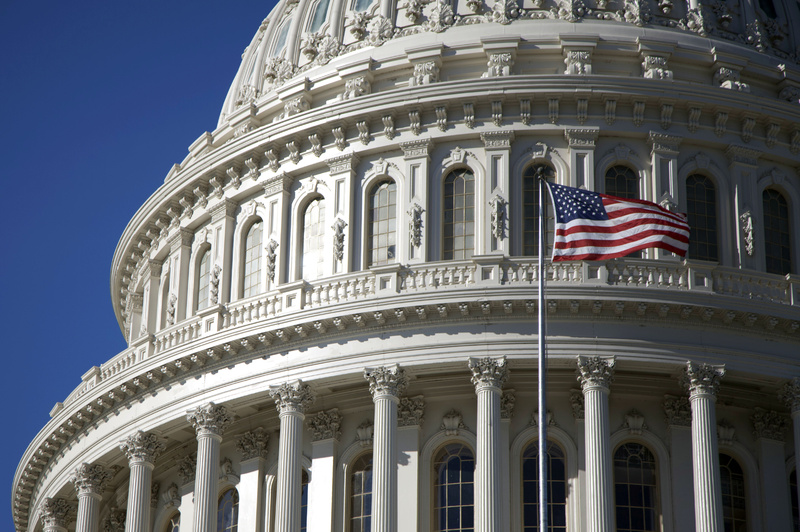The U.S. Senate had an opportunity to reform the filibuster this week. Instead it chose to pass a modest package of incremental changes to its rules, which won strong bipartisan support.
Whether that’s enough remains to be seen. If the Senate dissolves back into a legislative bottleneck and a symbol of a government that can’t address the people’s problems, this will look like a missed opportunity.
The filibuster is the most visible of many parliamentary rules that give power to minorities, even when they are a minority of one. If the backers of a bill cannot come up with 60 votes to end debate, the bill or nomination cannot be acted upon, even if there is a majority ready to vote for it.
Over the last six years, since the Democrats took control of the Senate, the once-rare move has been used routinely by Republicans to bog down the process and thwart the will of the majority.
There was a serious proposal to discourage filibusters by forcing a senator who wanted to block a vote to take the floor and debate, instead of quietly expressing opposition and being free to leave the stalled chamber, as is currently allowed.
The so-called “talking filibuster” was put forward in a package that had the support of Maine Sen. Angus King, who ran on a promise of rules reform.
The measure may have passed on a majority vote, but it would not have received bipartisan support, and had it been pushed through on a party-line vote, more procedural battles would have been likely.
The changes that passed still allow senators to block votes without debating, but they put some restrictions on when a bill can be filibustered and require a minimum number of minority amendments on bills. Republicans say they were forced to use the filibuster to overcome high-handed Democratic leaders who would not let them shape bills through amendments.
The best thing about the new rules is that they were passed by a strong bipartisan vote and will not lead to a season of fighting over technicalities. Maine Sens. Susan Collins and King both said they were happy with the outcome.
Hopefully, the spirit of bipartisan compromise that produced the changes will carry through as the Senate tackles some really tough issues, like climate change, immigration reform and a budget.
But if the Senate devolves back into the dysfunctional body we have seen over the last few years, this deal will not look like a good one.
Minority party senators should use the rules to make sure they have a say in how legislation is developed. But if they use them to make sure that no legislation passes, filibuster reform should be back on the table.
Send questions/comments to the editors.



Success. Please wait for the page to reload. If the page does not reload within 5 seconds, please refresh the page.
Enter your email and password to access comments.
Hi, to comment on stories you must . This profile is in addition to your subscription and website login.
Already have a commenting profile? .
Invalid username/password.
Please check your email to confirm and complete your registration.
Only subscribers are eligible to post comments. Please subscribe or login first for digital access. Here’s why.
Use the form below to reset your password. When you've submitted your account email, we will send an email with a reset code.